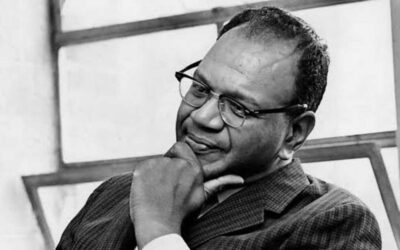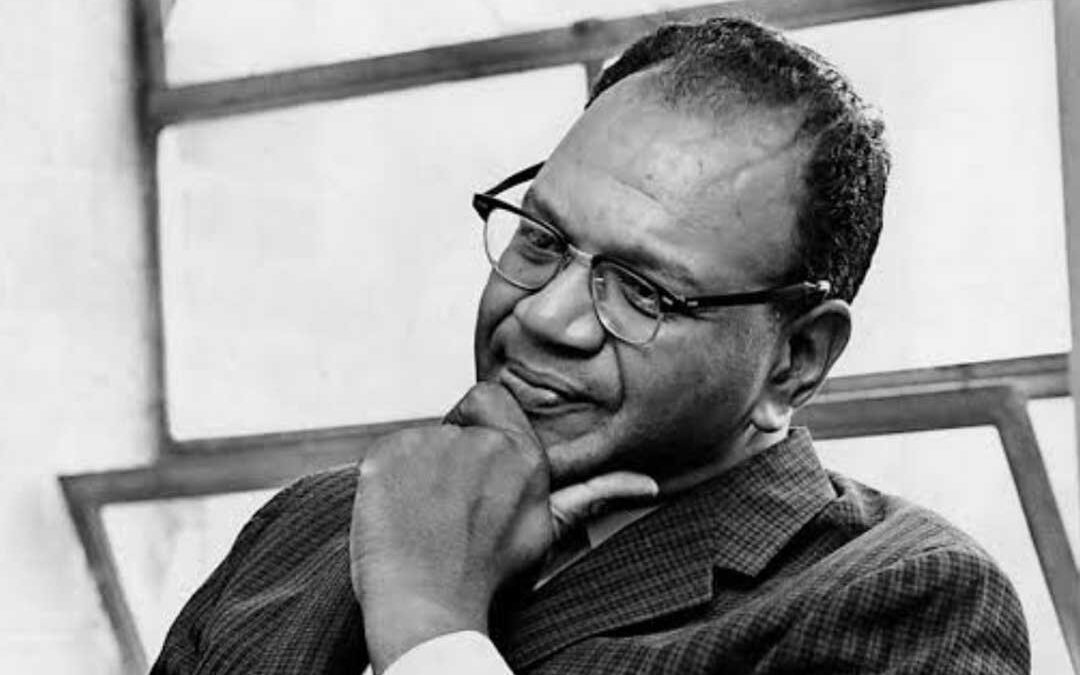“This is unbiblical.” For Christians, this statement is the ultimate conversation stopper. We understand the Scriptures to be the final word. Jesus taught that the Scriptures cannot be broken (John 10:35). He quoted the Old Testament as binding and instructing (Matthew 9:13). He taught that the Word of God will never pass away (Matthew 5:18). If God has spoken on a matter, no one else’s thoughts can compete. If God disagrees with you, you are wrong.
That is why Christians are concerned to be Biblical, not unbiblical. It is the best of instincts.
The Scriptures are the very words of God breathed out, able to save us, make us wise, and train us up into obedience (2 Timothy 3:15-17). But what if God’s Word does not speak about a topic?
God’s Word is Sufficient
That’s a trick question. Part of what we mean when we say that God’s Word is sufficient is that it contains sufficient instruction for how to obey God in every situation we will encounter in life. That does not mean that Scripture speaks exhaustively to all situations for all people throughout all time. Scripture says nothing about payday loan sharks in low-income neighborhoods. Scripture contains no specific teaching on internet pornography. Scripture never directly addresses white supremacy.
How, then, can it still be sufficient?
Scripture does not explicitly mention every form of evil that humanity has devised over the years. But God has given us a positive vision for life and godliness by His Word, which, when followed, equips His people for every situation. We get this pattern from Jesus.
When the devil tempted our Lord in the wilderness, those specific lies had never before been told. Jesus, in perfect discernment, applies the Word of God to the specific situation and overcomes the lies of the devil.
We do not need a specific prohibition against deceptive loan tactics in a modern economy to know that God hates that kind of thing (Proverbs 22). We do not need a verse telling us not to look at pornography when we have 1 Thessalonians 4. We know that every human is made in the image of God, therefore ethnic partiality is an affront to our very maker (Genesis 1:27).
Beware Inconsistency
Depending on your circles of Christian communities, you may encounter the charge of unbiblical conversations on various topics. We need to be careful before we level the charge that a fellow believer is departing from biblical faithfulness.
“Unbiblical” cannot mean “a topic not specifically addressed in Scripture” if we are to take the Bible on its own terms. We should reserve the label for claims specifically opposed by Scripture.
Conversations on race are happening in places and between people who never before had them. For those of us who have been in church for long periods of time, it is easy to assume that new areas of discussion are de facto unbiblical. After all, if the Bible spoke to an issue, wouldn’t we have heard about it by now?
We need to be very careful with our assumptions. None of us have perfect knowledge. None of us are beyond instruction. Given the mono-cultural nature of most American churches, most of us have gone to church with people like us. We have similar sets of experiences and have similar estimations of what is right or wrong about the world. We have been exposed to only part of the whole conversation that has been taking place.
Today, we are more aware of the experiences of others than we might have been in the past. New experiences do not mean we need a new Bible. They mean that we will need to apply the same wisdom from God to situations we may not have thought about before. That is the opposite of unbiblical.
There are unbiblical ways to talk about race. There are also ways to talk about race, justice, ethnicity, partiality, and authority in ways which are profoundly faithful to the Scriptures. We must take care not to embrace ideologies condemned by Scripture. But we are not allowed to ignore issues of justice because the conversations are unfamiliar or uncomfortable for us. We cannot simply declare peace when there is none (Jeremiah 6:14). May God give us wisdom to discern what is true and a heart to do so even when it makes us uncomfortable.
Prayer Requests:
- Praise God for His perfect, trustworthy, sufficient Word.
- Pray that He would make each of us submissive to it.
- Pray for people who bring it to bear on our lives and world, even in ways that challenge us.












